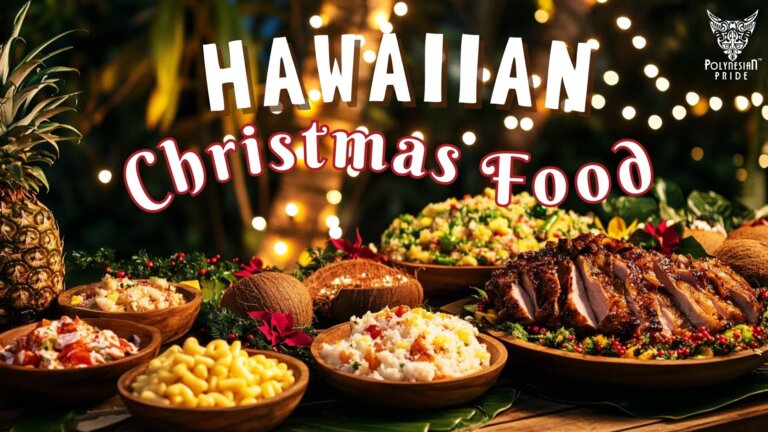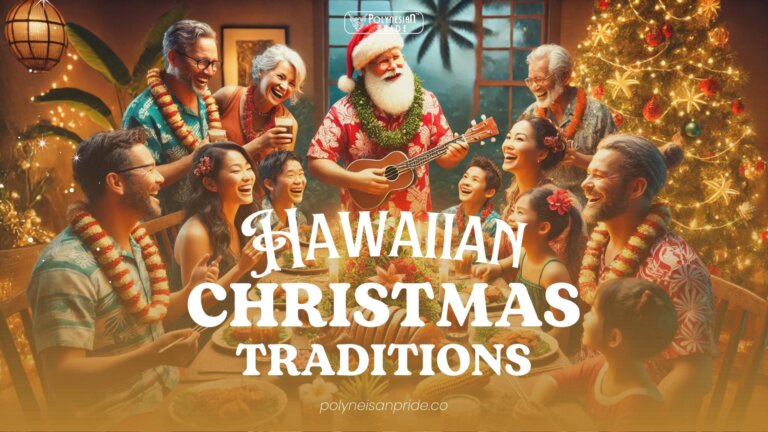Tonga Culture: Unveiling the Unique Customs and Practices

Introduction
The Kingdom of Tonga, a Polynesian nation comprising 176 islands in the southern Pacific Ocean, boasts a vibrant cultural heritage that has withstood the test of time. From its ancient traditions to its captivating arts and crafts, the Tonga Culture is a tapestry woven with elements that reflect the island’s profound connection to its history and natural surroundings.
This article delves into the multifaceted aspects of Tonga culture, offering a detailed exploration of Tonga’s history and culture, Tonga Society and Lifestyle, traditions, and more.
Overview of the Tonga Culture
A. Ancient Origins and Migrations of Tonga Culture

The Tongan islands have been inhabited for around 3,000 years, starting from when people settled there during the later Lapita period. The way of life of the people living there has evolved significantly during this extended period. Before European explorers arrived in the late 1600s and early 1700s, Tongans regularly interacted with nearby Pacific neighbors like Fiji and Samoa. These ancient seafarers brought with them a rich tapestry of traditions, beliefs, and cultural practices that have shaped the foundation of modern Tongan society.
B. Influence of Christianity
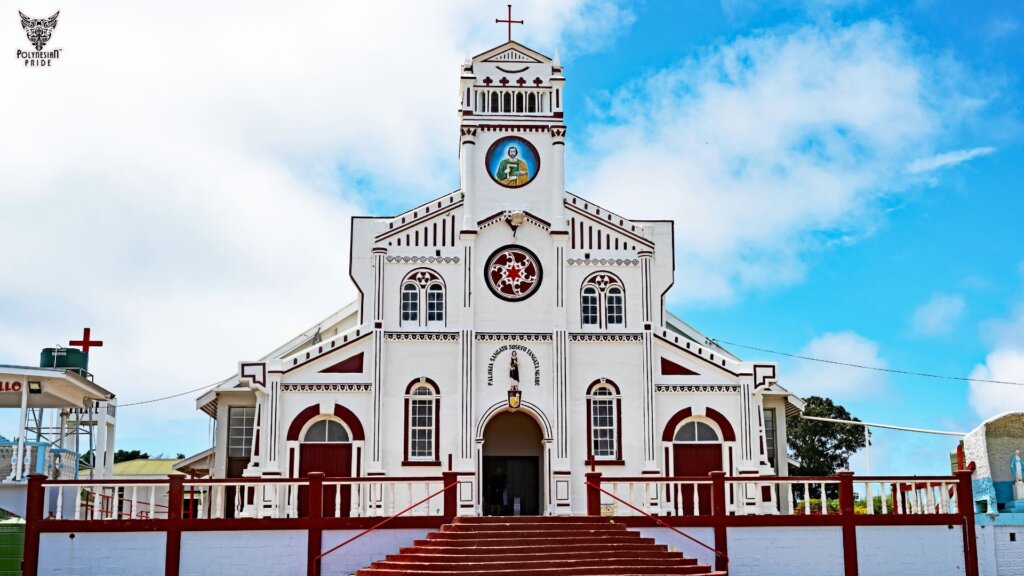
In the 19th century, Tongan culture underwent significant changes due to the influence of Western traders and missionaries (Christianity). Many traditional beliefs and practices were abandoned while new ones were embraced. However, the Tongans successfully integrated these new influences while preserving their ancient customs and traditions, creating a unique blend of cultures.
C. Monarchical Governance
Tonga is one of the few remaining constitutional monarchies in the Pacific region. The Tongan monarchy has played a crucial role in preserving and promoting the nation’s cultural heritage, symbolizing unity and continuity for the people.
Tonga Culture: Tongan Society and Lifestyle
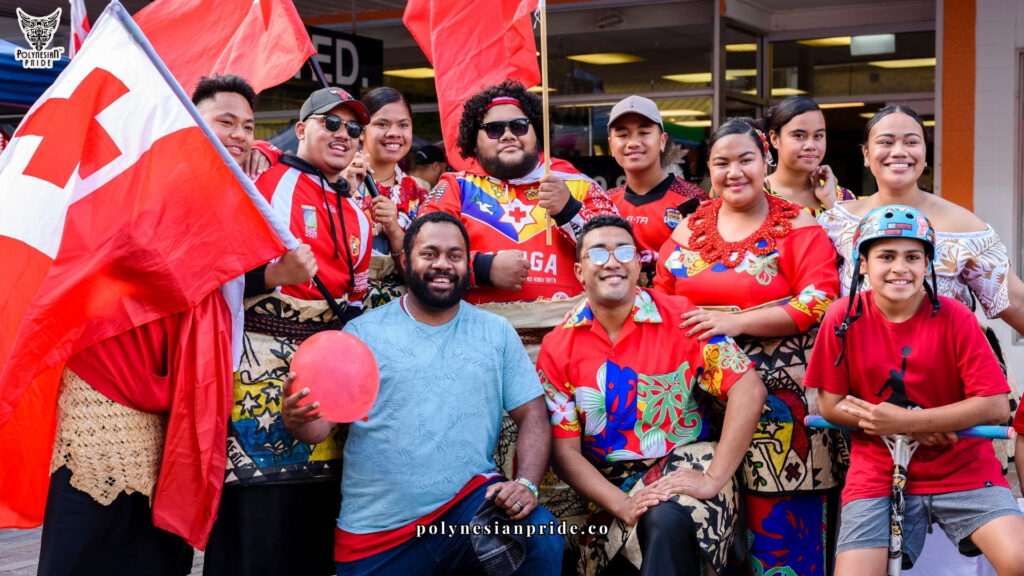
In Tonga culture, church and family hold significant importance. From a young age, Tongans are instilled with four key values known as “pillars”: mutual respect (Fefaka’apa’apa’aki), sharing and cooperation (Feveitokai’aki), humility and generosity (Lototoo), and loyalty and commitment (Tauhi vaha’a).
Family plays a crucial role in Tongan society, where each member has a specific role, and elders are highly respected. The family unit extends beyond just parents, children, and grandparents, often including adopted children, cousins, and other relatives living together.

A unique aspect of Tongan society is the presence of Fakaleiti, who are men who exhibit behaviors or dress traditionally associated with women. While they historically performed tasks considered “women’s work” in families with many sons, their role has evolved. Despite Tonga’s Christian influence leading to conservative views on fakaleiti, they remain a part of the community.
In Tongan households, everything is shared communally, including food and sleeping arrangements. Weddings and funerals are significant events for Tongan families, where traditional tapa cloths and woven mats are exchanged and passed down for the next ceremony.
Tonga Culture and Customs
A. Clothing Etiquette in Tonga Culture
Tonga culture places great emphasis on modesty and respect, which is reflected in the traditional dress code. Below are some rules for people who wear Tongan cultural clothing:
Women: Tongan women dress modestly, typically in dresses or with a tupenu skirt covering their lower body. A taovala, often woven or crocheted, is worn around the waist as a sign of respect. A kafa, crafted from a rope, coconut fibers, or human hair, keeps the taovala in place. Decorative beads or shells can be added. They may also wear a lightweight kiekie, made from various materials including repurposed sugar sacks.

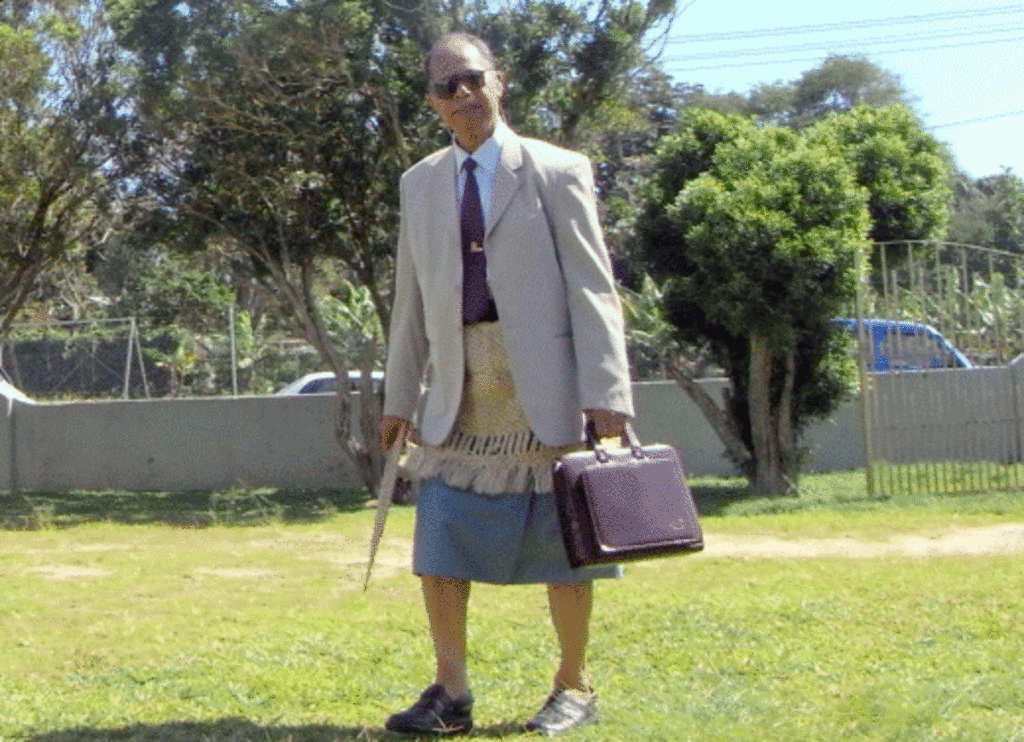
(Source: owlcation.com)
Men: Tongan men wear skirts reaching knee-length known as tupenus. Their waists are adorned by a woven taovala instead of a tie. While they commonly pair the outfit with collared shirts and sandals or slippers, attending church calls for a suit coat. For special events, they may wear an heirloom taovala crafted using intricate weaving techniques. Its age adds to its worth.
- Church Attire: When attending church services, both men and women are expected to dress conservatively, with women wearing formal dresses or skirts and men wearing collared shirts and long trousers.
B. Sunday Etiquette in Tonga Culture
Sundays in Tonga are considered a day of rest and worship, with specific customs and etiquette observed.
- Church Attendance: Most Tongans attend church services on Sundays, and it is considered disrespectful to engage in recreational activities or work during these hours.
- Restricted Activities: Activities such as sports, swimming, loud music, and other forms of entertainment are generally prohibited on Sundays.
- Dress Code: Tongans dress in their best attire on Sundays, with men often wearing traditional woven mats (ta’ovala) and women wearing formal dresses or skirts.
Tonga Culture: Arts, Crafts, and Dance
One of the most interesting ways for tourists to immerse themselves in Tonga culture is by exploring their arts and crafts, such as traditional dance performances.
A. Tongan Handicrafts
Tonga boasts a rich tradition of handicrafts, with skilled artisans creating intricate works of art that showcase the island’s natural resources and cultural motifs.

- Tapa Cloth: Tapa cloth, also called ngatu, is a type of traditional Tongan fabric crafted from the inner bark of the paper mulberry tree. The bark is soaked, beaten, and decorated with intricate designs using natural dyes and stamps. Tapa cloth is used for clothing, bedding, and ceremonial purposes, and its production is considered a highly respected art form.
- Weaving: Weaving is an integral part of Tonga culture, with skilled weavers creating various items using pandanus leaves and other natural fibers. Common woven items include baskets, mats, fans, and traditional clothing such as the ta’ovala (a woven mat worn around the waist).
- Woodcarving: Tongan woodcarvers are renowned for their intricate and detailed carvings, often depicting traditional motifs and symbols. Common woodcarving items include ceremonial clubs, canoe prows, and decorative panels used in traditional architecture.
B. Tongan Song and Dance
Dance and music are deeply ingrained in Tongan culture, serving as a means of storytelling, entertainment, and preserving traditions.

- Lakalaka: The lakalaka is a traditional Tongan dance performed by a group of dancers moving in synchronization. It is often accompanied by chanting and the rhythmic clapping of wooden percussive instruments. The lakalaka is a ceremonial dance that celebrates important events and honors royalty.
- Ula: The Ula dance is a graceful and captivating dance performed by women, characterized by fluid movements and the swaying of garlands made from fragrant flowers. It is often performed at celebrations and ceremonies to honor guests and express gratitude.
- Traditional Music: Tongan music is rich and diverse, featuring a variety of instruments such as wooden drums, conch shells, and nose flutes. Traditional songs often tell stories of historical events, legends, and love, serving to preserve oral traditions.
Traditional Food and Drink of Tonga Culture
A. Tongan Cultural Food

Tongan cuisine is heavily influenced by the island’s abundant natural resources, focusing on fresh seafood, tropical fruits, and root vegetables.
- Lu Pulu: A popular Tongan dish made from corned beef, coconut milk, and taro leaves.
- ‘Ota ‘ika: A raw fish dish similar to ceviche, made with fresh fish marinated in coconut cream and seasoned with lime juice and vegetables.
- Keki: Tongan doughnuts called “keki” are a must-try. Bakeries in Tonga are among the fortunate businesses permitted to operate on Sundays, albeit with limited hours.
B. Tongan Cultural Drink

Tongan beverages are often made from natural ingredients and reflect the island’s tropical climate.
- Kava: A traditional non-alcoholic drink made from the root of the kava plant, consumed during ceremonial occasions and social gatherings.
- Coconut Water: Refreshing and nutritious, coconut water is a popular thirst-quencher in Tonga.
- Otai: A traditional Tongan drink made by mixing the juice of oranges, limes, and other citrus fruits with coconut milk and sugar.
10+ Facts About the Tonga Culture

1. Crafts are an integral part of Tonga culture, with a significant example being tapa cloth made from mulberry tree bark.
2. Lakalaka is a customary dance form in Tonga culture.
3. During the slow tau’olunga dance, it is common to show respect by placing money in the performer’s attire.
4. Each high school in Tonga features a brass band.
5. ‘Ota ika, a popular seafood dish in Tonga, consists of raw fish soaked in coconut milk.
6. The majority of Tongans share the same language, except for Niuafo’ouans, who incorporate elements of Samoan.
7. Christianity is the predominant religion followed by nearly all Tongans.
8. Wearing all black in Tonga culture signifies mourning.
9. The heilala flower is Tonga’s national symbol of prosperity when worn.
10. Tonga is famous for its strict adherence to Christian beliefs and the Sabbath, which is often a focal point when people ask, “What is Tonga known for?“. It is against the law to participate in business, sports, or chores on Sundays. This day is considered holy and is reserved for worship, spending time with family, and unwinding.
VIII. Conclusion
The Tonga culture is a captivating tapestry woven with ancient traditions, vibrant arts and crafts, unique customs, and a deep reverence for nature and community. From the intricate tapa cloth and woodcarving to the mesmerizing dances and mouthwatering cuisine, Tonga’s cultural heritage is a testament to the resilience and creativity of its people.
Vinaka vakalevu (thank you) for joining us on this journey through the captivating Tonga culture!
Frequently Asked Questions (FAQs)
What is the significance of the ta’ovala in Tonga culture?
The ta’ovala, a woven mat worn around the waist, signifies respect and is an important part of formal attire in Tonga.
How does the Tongan monarchy influence daily life?
The monarchy plays a central role in Tongan society, influencing social norms, cultural practices, and political decisions.
What are some traditional Tongan foods?

Traditional Tongan foods include taro, yams, cassava, fish, ‘ota ika (raw fish salad), and lu pulu (taro leaves with corned beef).
How is traditional knowledge passed down in Tonga?

Traditional knowledge is passed down orally through storytelling and songs.

I am Leilani Miller – I research focusing on Vanuatu – volcanic landscapes, blue holes, coral reefs & rainforests. I have over five years of experience researching and sharing insights on tourism and environmental activism. Explore and experience without limits through my latest article.
Contact information:
Email: [email protected]
Tel: +1 (808) 555-1528

